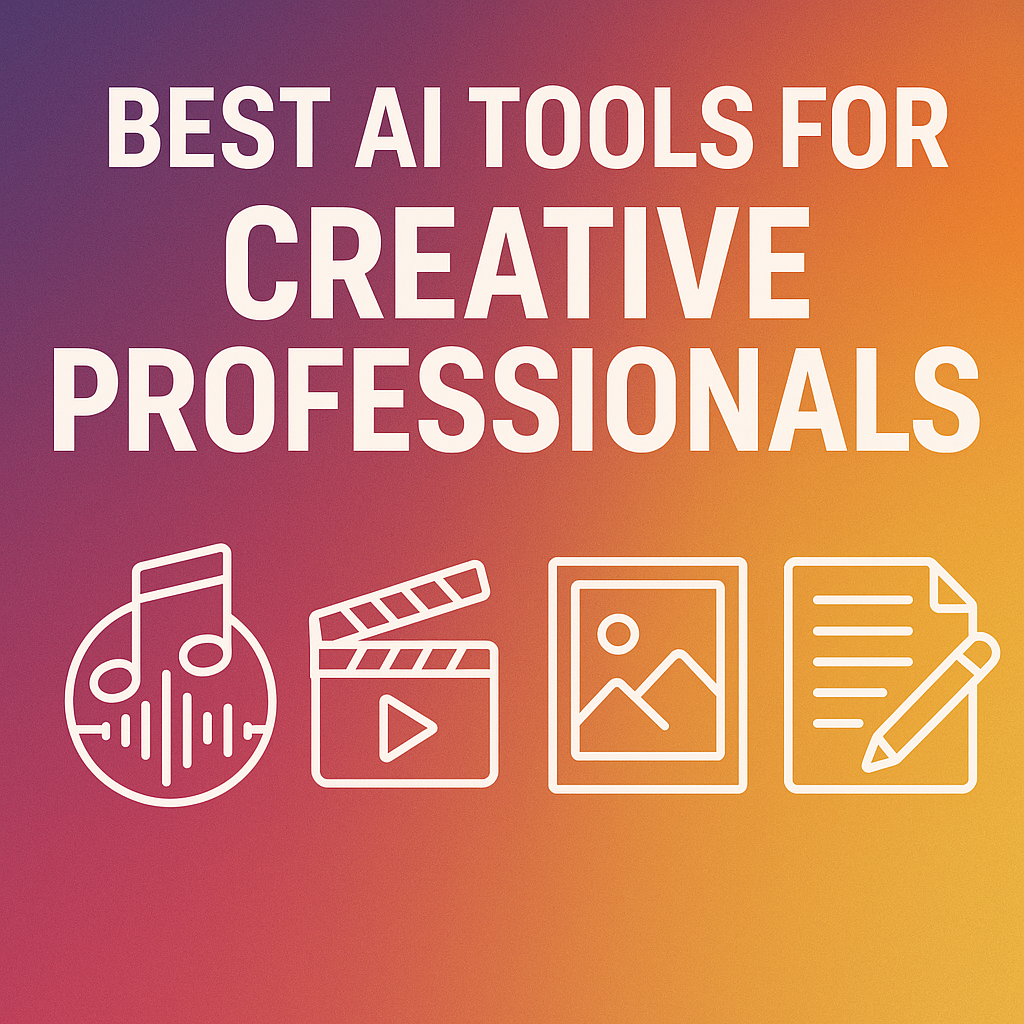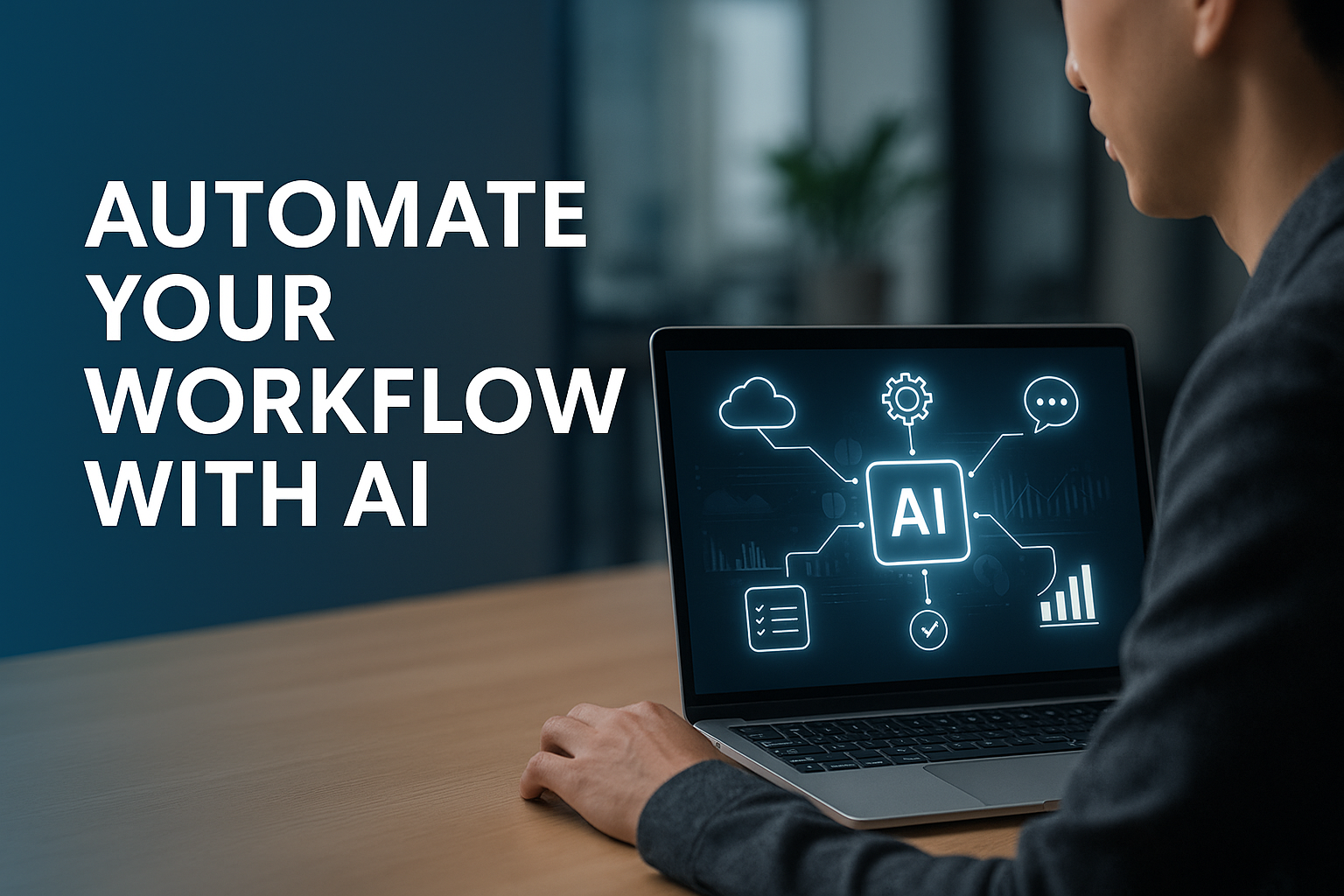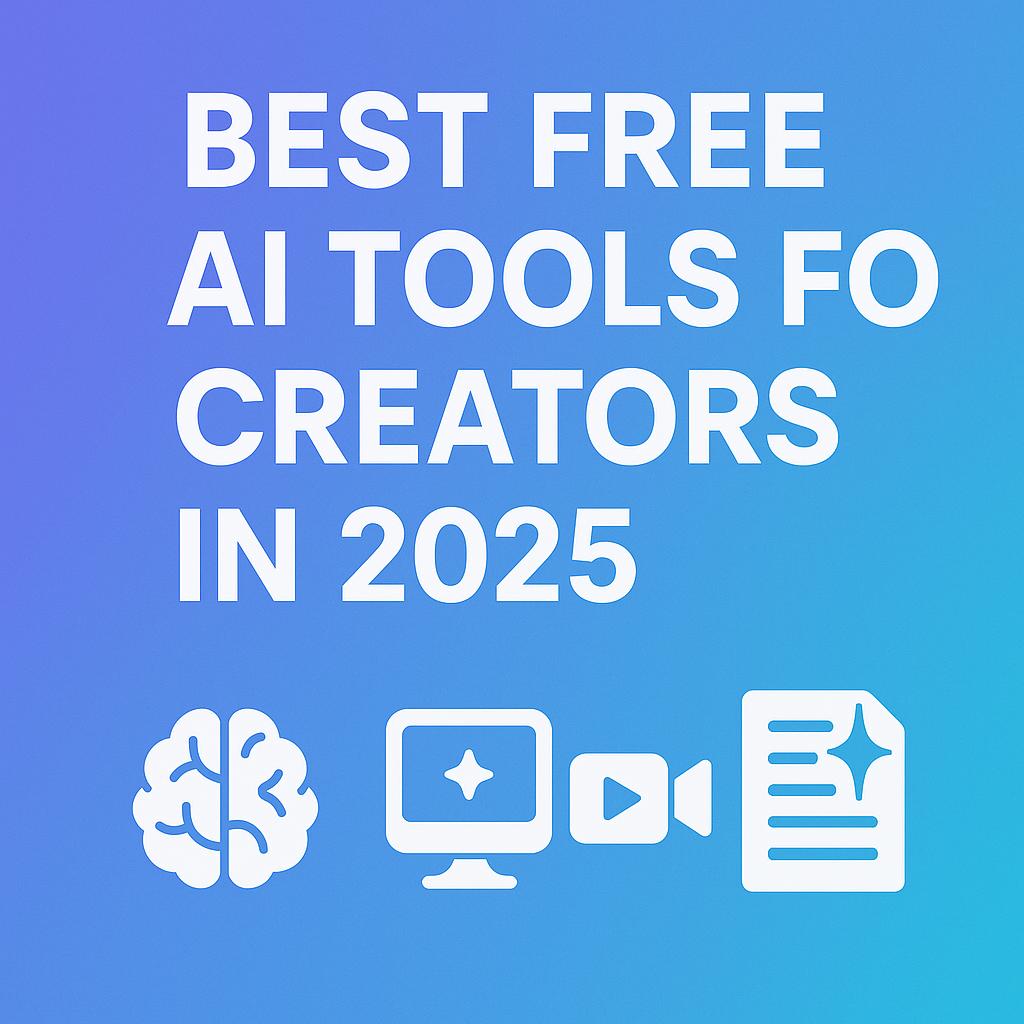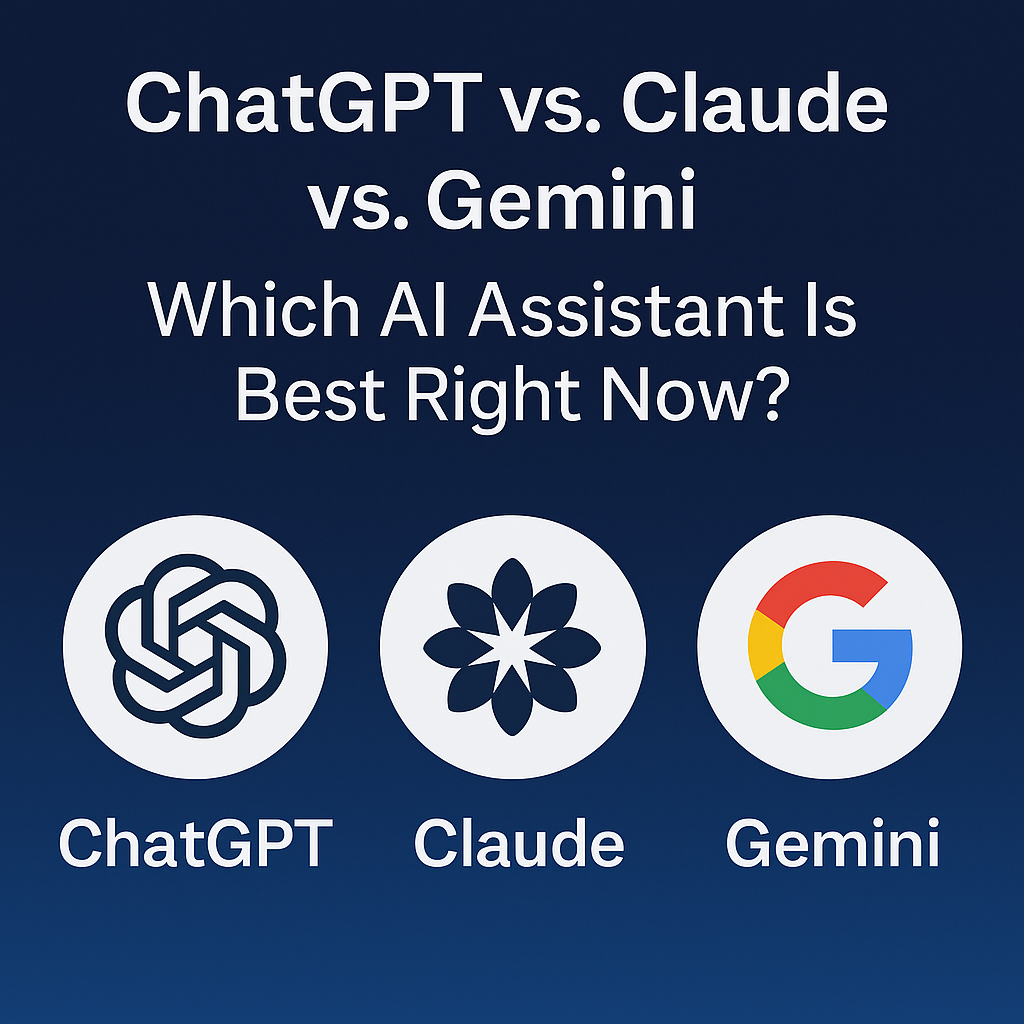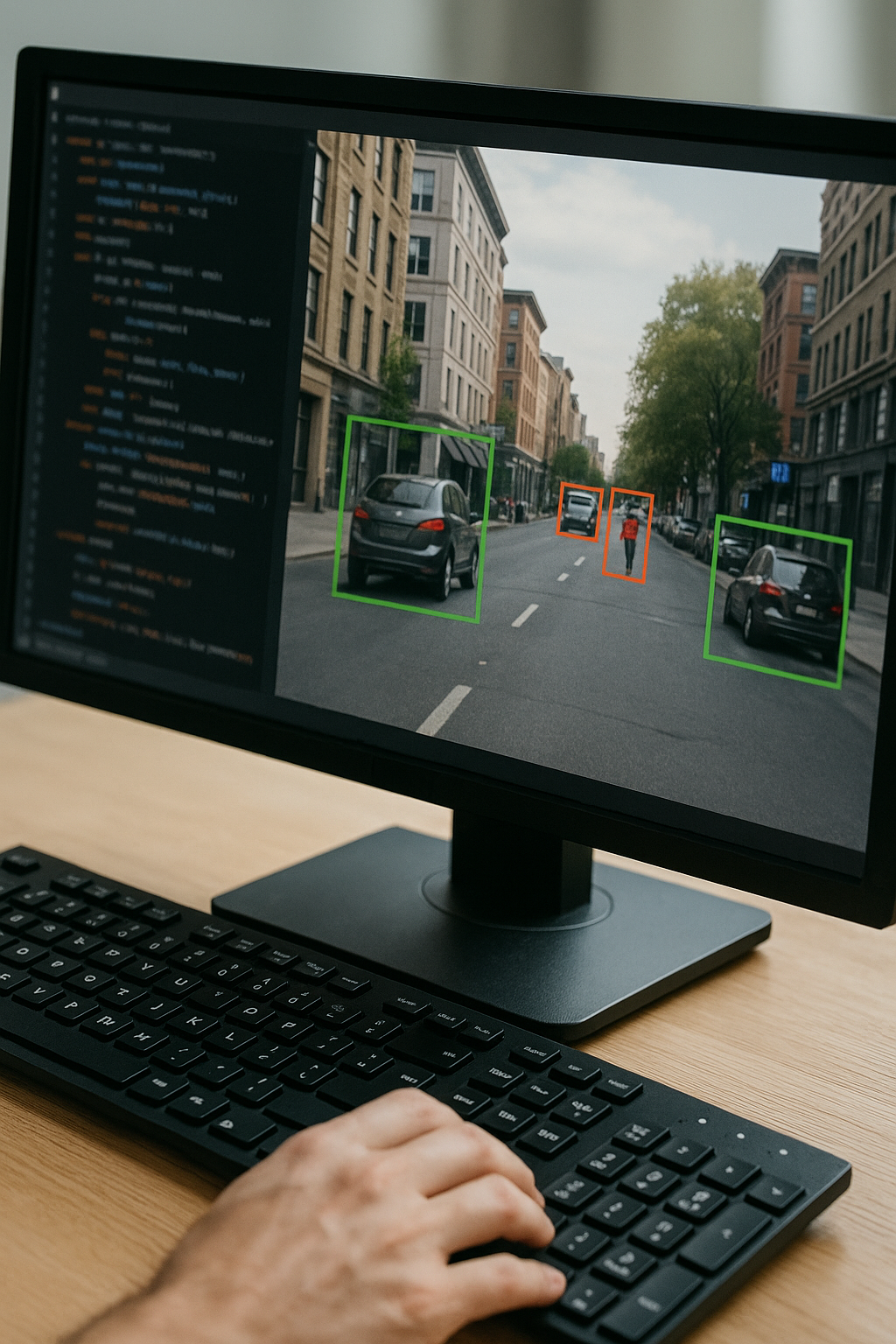Embracing Responsible AI Development and Deployment
Embracing Responsible AI Development and Deployment: A Deep Dive
Artificial intelligence (AI) is no longer science fiction; it's woven into the fabric of our daily lives. From the moment you unlock your phone with facial recognition to personalized recommendations on streaming services, AI is quietly working behind the scenes. However, the immense power of AI comes with a significant responsibility – ensuring its development and deployment are ethical, unbiased, and prioritize human well-being. This week, we delve deeper into the core principles of responsible AI.
1. Combating Bias: From Data to Decisions
Imagine an AI-powered loan approval system that consistently denies loans to qualified applicants from certain neighborhoods. This scenario, unfortunately, isn't fiction. AI algorithms are only as good as the data they're trained on. Here's why bias is a major concern in AI:
- Hidden Biases in Data Sets: Data sets used to train AI models can reflect societal biases, such as racial or gender stereotypes. These biases can then be unwittingly perpetuated by the AI system, leading to discriminatory outcomes.
- The Algorithmic Amplification Effect: AI algorithms can amplify existing biases in data sets. For instance, if a loan approval system is trained on historical data that disproportionately rejected applicants from a certain zip code, the AI model might learn to associate that zip code with higher risk, leading to unfair rejections in the future.
Mitigating Bias: A Multi-Pronged Approach
Combating bias in AI requires a proactive approach on the part of developers:
- Data Diversity: Developers need to actively seek out and incorporate diverse data sources into their training sets. This can involve including data from underrepresented groups to ensure the AI model is exposed to a wider range of scenarios and characteristics.
- Fairness-Aware Algorithms: Techniques like fairness-aware algorithms can help developers identify and mitigate potential biases within the AI model itself. These algorithms can nudge the model towards making fairer decisions, even if the underlying data set exhibits some bias.
- Human Review and Oversight: While AI can be powerful, it shouldn't operate in a vacuum. Human oversight remains crucial, especially in areas with high stakes, such as loan approvals or criminal justice. Humans can review AI outputs and intervene when necessary to ensure fair and ethical outcomes.
2. Privacy and Security: Protecting Data in the AI Age
AI thrives on data, but this raises critical questions about user privacy and data security. As we navigate this data-driven world, here are some key considerations:
- User Consent and Control: Individuals should have clear control over their personal data used to train or utilize AI systems. Transparency regarding data collection practices and how the data is used is essential for building user trust.
- Data Anonymization: When possible, anonymizing data sets can help protect user privacy while still allowing for effective AI training. Techniques like differential privacy can add a layer of statistical noise to data sets, making it more difficult to identify individual users.
- Robust Security Measures: Protecting sensitive data from unauthorized access is paramount. Developers need to implement robust security measures, including encryption and access controls, to safeguard against cyber threats and data breaches.

3. Human-Centered Design: AI as a Partner, Not a Replacement
AI is a powerful tool, but it should always be designed to augment human capabilities, not replace them altogether. Here's why human-centered design is crucial in AI development:
- The Limits of AI: AI systems, despite their advancements, still lack the critical thinking, creativity, and social intelligence that humans possess. For complex tasks requiring judgment and empathy, human expertise remains irreplaceable.
- The Human Touch: Certain domains, like healthcare or education, require a human touch that AI cannot replicate. The human-to-human connection and ability to understand emotional nuances are essential in these fields.
Human-AI Collaboration: A Powerful Synergy
The future of AI lies in human-machine collaboration, where AI enhances human performance and decision-making. Here are some ways this collaboration can be achieved:
- Human Oversight: Critical decisions should not be solely left to AI algorithms. Human oversight remains crucial for ensuring accountability and ethical decision-making in areas like law enforcement or autonomous weapons systems.
- Explainable AI: Developers should strive to create AI models that are interpretable and explainable. This allows humans to understand the reasoning behind AI outputs and make informed decisions based on both AI insights and human judgment.
4. Building Trust Through Responsible AI Practices
Public trust in AI is critical for its successful integration into society. Responsible AI practices can help build trust and ensure AI benefits all of us:
- Transparency and Open Communication: Proactive communication with the public about AI development and its potential impact is essential. Developers should explain how AI systems work, the data they use, and the safeguards in place to mitigate risks.
- Ethical Guidelines and Standards: Developing industry-wide ethical guidelines for AI development and deployment can foster trust and ensure responsible practices across sectors. These guidelines should address issues like bias, privacy, and human oversight.
The Road to Responsible AI: A Collective Effort
Building a future where AI benefits everyone requires a collaborative effort from various stakeholders:
- Developers: Upholding ethical principles throughout the AI development lifecycle is a core responsibility for developers.
- Policymakers: Developing clear regulations and guidelines for AI development and deployment is crucial for ensuring responsible practices.
- The Public: Staying informed about AI and advocating for responsible development is essential for shaping the future of this technology.
Join the Conversation: Sign Up for Our AI and Ethics Newsletter!
The conversation around responsible AI is just beginning. Stay informed and be part of the solution by signing up for our FREE weekly AI and Ethics Newsletter.
Don't miss out on this valuable resource! Sign up for our newsletter today and help shape the future of AI responsibly!
Sign Up For Our Weekly Newsletter and Get Your FREE Ebook " AI For Everyone - Learn the Basics and Embrace the Future"



